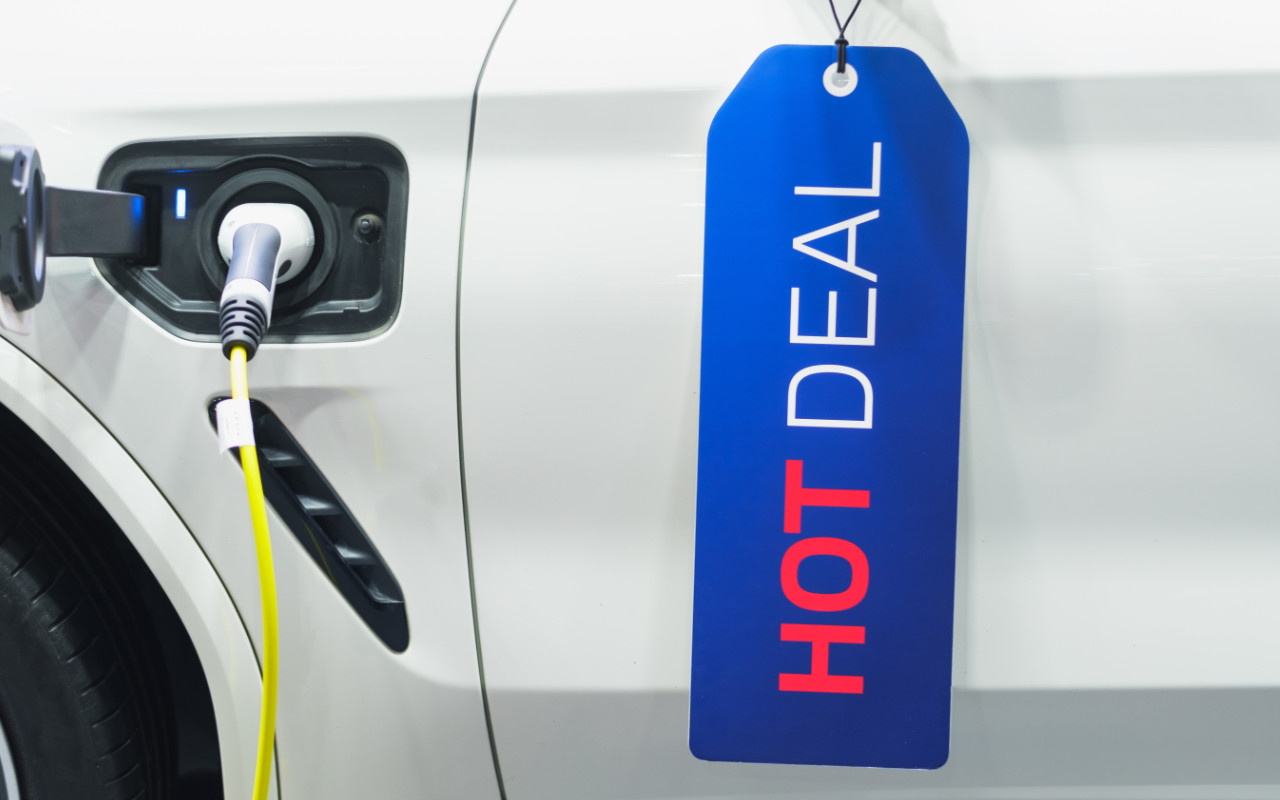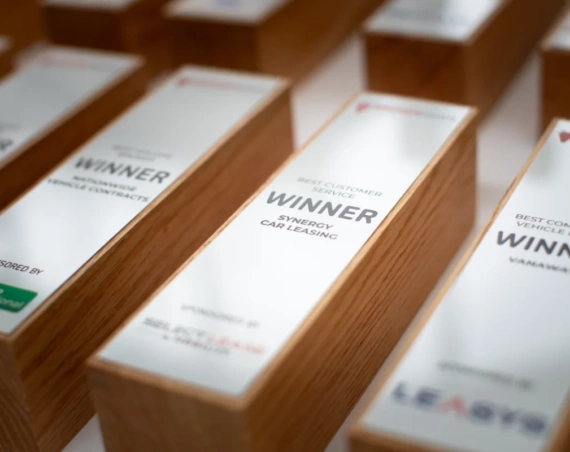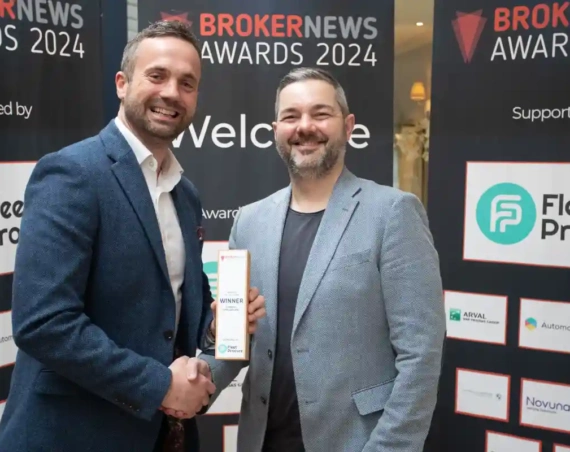DISCOUNTING and incentives could make a significant return in 2024 as car manufacturers look to minimise their exposure to Government ZEV Mandate fines.
Under the proposed regulations, each car manufacturer must hit a 22% mix of battery electric cars in 2022, or face a £15,000 fine for each electric vehicle they are short of the target.
The target steps up in stages to 2035 when it must be 100% EV.
However, natural consumer demand for electric vehicles priced noticeably higher than petrol cars is not thought to be at a level capable of reaching 22%.
While fleet demand for EVs is strong thanks to favourable company car taxation and ESG policies, there are almost no incentives for retail buyers to go electric and private contract hire demand for EVs is far below where it needs to be to hit the 22% target.
Manufacturers have been critical of the way the ZEV Mandate has been structured with one senior OEM source complaining:
“Zero emissions is a race to 2030, but in a normal race you don’t penalise those who run slowest in the first stage of the race.”
Under the regulations, manufacturers can trade credits with brands that achieve more than 22% or borrow from future years. However the SMMT has said this does not offer enough flexibility for manufacturers to avoid the fines.
Speaking to Broker News recently, Renault Group UK managing director Guillaume Sicard said he believed total market demand for EVs was running at about 15%.
SMMT CEO, Mike Hawes, speaking at the organisation’s annual Summit conference, said: “The industry will have to meet the targets. No one wants to pay the high cost of failure to comply, and no one wants to trade [EV credits] so there needs to be more flexibility in the regulations.”
Commenting on the lack of retail demand for battery electric cars, he added:
“All manufacturers can do is put the vehicles on the market, but government needs to incentivise them. At the end of the day, the consumer will vote with their wallets.”
Asked if used car incentives would help consumer demand, he added: “Any measure to support the uptake would be good. Money on the bonnet of new or used would help. Currently the government’s approach is to force the new car market into ZEVs and that’s their route to used ZEVs.”

Dylan Setterfield (left), head of forecast strategy at cap hpi, believes retail new car demand for BEVs will continue to increase organically, as more consumers are persuaded to make the switch. He points to the barriers to conversion coming down, which includes electricity price drops and infrastructure improvements, plus the range of available models increasing further, particularly at lower price points.
He did add, however, that it would be easier for some manufacturers to meet their mandated zero emissions quotas than others.
We fully expect that there will be considerable incentives available for consumers who want to buy new BEVs. This is likely to be in the form of cash discounts in some cases, but we would also expect a range of other incentives, such as support for home charger installation, finance contributions or ‘special’ interest rates, access to a fixed amount of free public charging, or enhanced service and warranty packages.
Dylan Setterfield, head of forecast strategy at cap hpi Tweet
He added: “Even where cash discounts are offered, the used values for the vast majority of models have reduced in recent months well below cost new, and so we would not expect any significant impact on used values as a result of any sensible discounting strategy.”
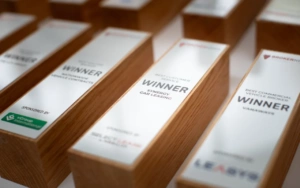
Broker News Awards 2024 in pictures
The Broker News Awards 2024 took place at the Orrery in London’s Marylebone. Here are the pictures to remember the event
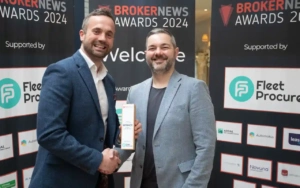
Broker of the Year 2024 winner profile: Synergy Car Leasing
Synergy Car Leasing was voted Broker of the Year 2024 by the judging panel – here’s the winner’s profile supported by Leasing.com
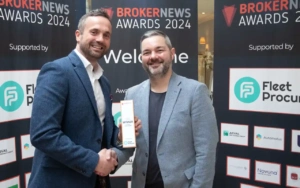
Broker News Awards 2024 – the winners
The Broker News Awards 2024 – supported by Fleet Procure – produced outstanding winners, with Synergy taking the Broker of the Year title

Broker News Newsletter 24 April 2024
Catch up on the latest leasing broker news in the 24 April 2024 Broker News newsletter

Leasing broker fleet down, but BCH is rising: analysis of BVRLA broker survey H2 2023
Analysis of the BVRLA leasing broker survey for H2 2023 shows the broker fleet is down, but BCH is on the rise

Novuna Vehicle Solutions and Select Lease by Mobilize add support to the Broker News Awards
Novuna Vehicle Solutions and Select Lease by Mobilize add support to the Broker News Awards 2024, which takes place in London on 25 April

Tristan Young is an award winning journalist with more than 25 years’ experience reporting on the automotive industry focussing predominantly on fleet and retail. As a self-confessed petrol-head, Tristan has a weakness for car classifieds. When he’s not writing about the automotive industry, he can usually be found outdoors with a small pack of border collies.

